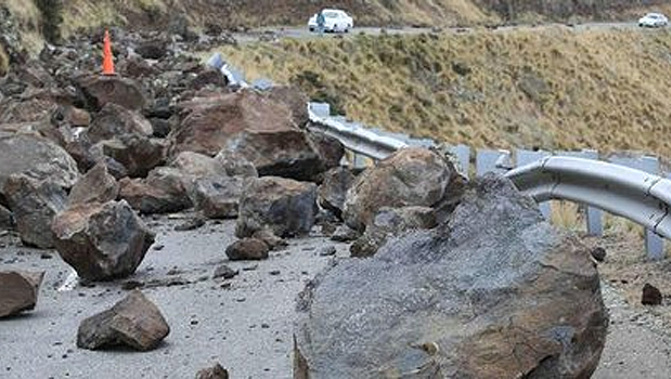
The lessons learnt from the devastating Christchurch earthquakes extend to how to do a good job replanting hillsides.
Land Information New Zealand says it has been working closely with contractor Red Tree Environmental Solutions on rapid and cost-effective methods to grow native plants on steep terrains.
More than 450 properties in the Port Hills have been cleared since the Canterbury earthquakes and LINZ has been responsible for replanting and maintaining the sites where houses can no longer be built due to rock fall and cliff collapse.
The condition of the soil following demolitions is often dominated by loess clay, which gets boggy in winter and dry in summer and gardeners were consulted about ways to cope with such conditions.
"The trials have come up with a really potent method that combines compost applied pneumatically as a blanket, which is direct seeded," says Red Tree project manager Andrew Cummins.
Clover trials on particularly steep sites have also been so successful in suppressing weed growth that LINZ has asked the company to introduce clover across most of its planted Port Hills sites.
"It provides an ideal growing medium, much like the forest floor. It is a cost effective alternative to top soil that is pasteurised to render it free of weeds and pathogens," says Mr Cummins.
Oats have been used to stabilise the compost blanket until the native plants germinate.
The oats spring up rapidly to bind the compost in place and do not adversely compete with the natives. Once the natives are established, the oats are removed and used as mulch between the plants.
Take your Radio, Podcasts and Music with you









